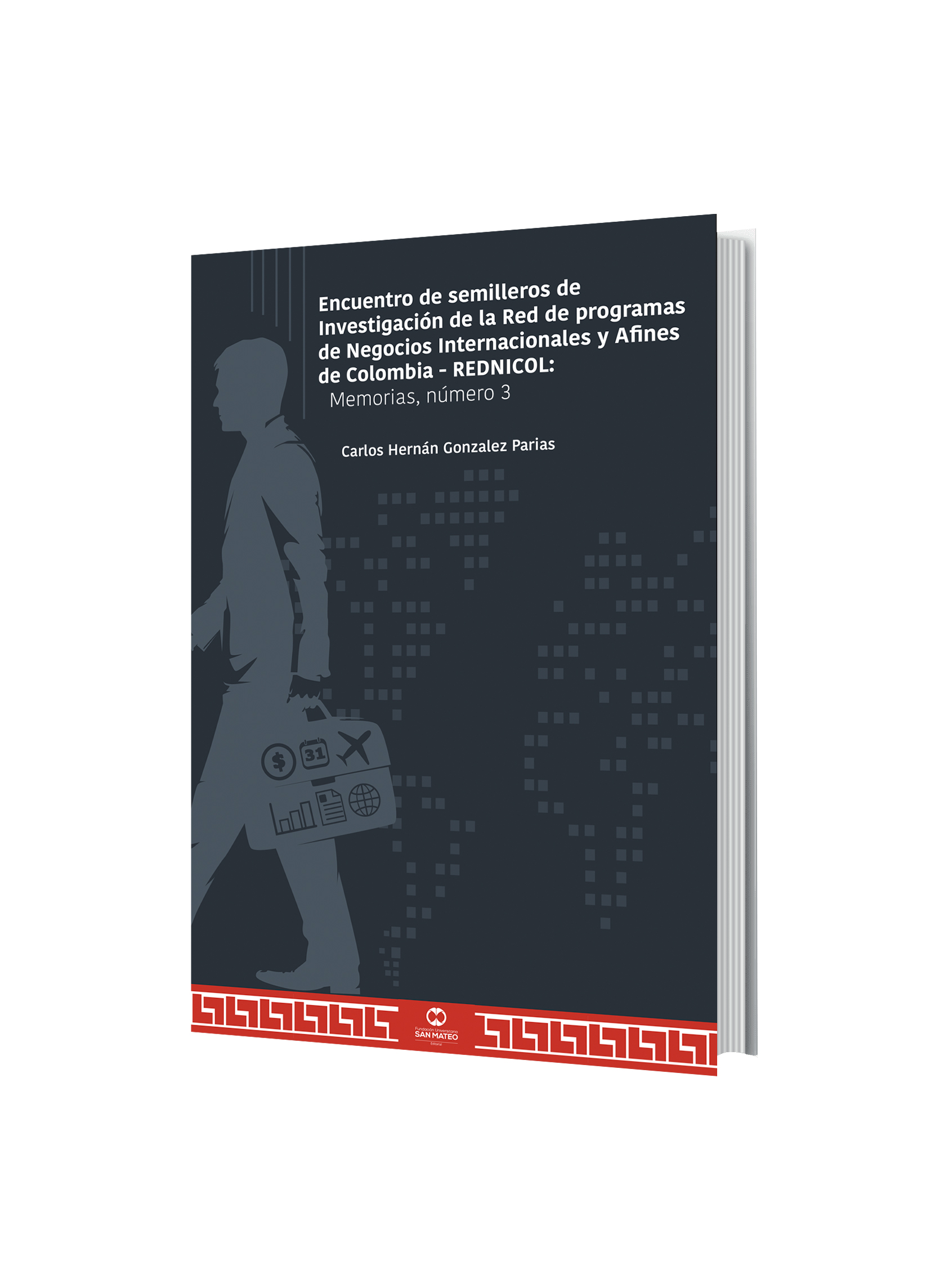Resumen
La presente investigación en desarrollo tiene como objetivo analizar el uso de tecnologías empleadas en smart ports mediante consultas de análisis bibliométrico y revisión de literatura. En estudios identificados, se ha reconocido el creciente desarrollo de
tecnologías en auge como lo son: Internet de las Cosas (IoT), big data, blockchain e Inteligencia Artificial. Dichas herramientas han ayudado a que los procesos sean seguros y eficientes. Para hablar de puertos inteligentes, no solo basta con adherir las tecnologías
mencionadas previamente, sino incluir un tema esencial que es la sostenibilidad. Con esto se concluye que, al aprovechar la utilidad de las tecnologías, se puede alcanzar el objetivo del smart port el cual es ser competente bajo criterios de costos, tiempos e información en la cadena de suministro. Asimismo, se pueden destacar lugares que han implementado este tipo de procesos en los puertos, estos se encuentran principalmente en Asia, Europa y Estados Unidos.
Citas
Ahonen, T., Kortelainen, H. & Rantala, A. (2020). Towards Digitalized and Automated Work Processes in Port Environments. Proceedings of the 6th International Conference on Vehicle Technology and Intelligent Transport Systems. https://doi.org/10.5220/0009488005350540
Aslam, S., Michaelides, M. P. & Herodotou, H. (2020). Internet of Ships: A Survey on Architectures, Emerging Applications, and Challenges. IEEE Internet of Things Journal, 7(10), 9714-9727.
Boullauazan, Y., Sys, C. & Vanelslander, T. (2022). Developing and Demonstrating a Maturity Model for Smart Ports. Maritime Policy & Management, 1-19. https://doi.org/10.1080/03088839.2022.2074161
Bo, Y. & Meifang, Y. (2021). Construction of the Knowledge Service Model of a Port Supply Chain Enterprise in a Big Data Environment. Neural Computing & Applications, 33(5), 1699-1710.
Castellano, R., Fiore, U., Musella, G., Perla, F., Punzo, G., Risitano, M., Sorrentino, A., & Zanetti, P. (2019). Do Digital and Communication Technologies Improve Smart ports? A fuzzy DEA approach. IEEE Transactions on Industrial Informatics, 15(10), 5674–5681.
Duran, C. A., Fernández-Campusano, C., Carrasco, R., Vargas, M. & Navarrete, A. (2021). Boosting the Decision-Making in Smart Ports by Using Blockchain. Practical Innovations, Open Solutions, 9, 128055–128068.
Durán, C., Palominos, F., Carrasco, R. & Carrillo, E. (2021). Influence of Strategic Interrelationships and Decision-Making in Chilean Port Networks on Their Degree of Sustainability. Sustainability: Science Practice and Policy, 13(7), 3959.
Ferriera, M. R. (2022a). An Analysis of Post-Pandemic Scenarios and Prospects for the Shipping Industry: Perspective from Guadeloupe. Worldwide Hospitality and Tourism Themes, 14(2), 147-155. https://doi.org/10.1108/whatt-12-2021-0153
Gurzhiy, A., Kalyazina, S., Maydanova, S. & Marchenko, R. (2021). Port and City Integration: Transportation Aspect. Transportation Research Procedia, 54, 890–899.
Jia, X. & Cui, Y. (2021). Examining Interrelationships of Barriers in the Evolution of Maritime Port Smartification from a Systematic Perspective. Transport Policy,114, 49–58.
Kamolov, A. & Park, S. (2019). An IoT-Based Ship Berthing Method Using a Set of Ultrasonic Sensors. Sensors, 19(23). https://doi.org/10.3390/s19235181
Lakhmas, K. & Sedqui, P. A. (2020). Toward a Smart Port Congestion Optimizing Model. 2020 IEEE 13th International Colloquium of Logistics
and Supply Chain Management (LOGISTIQUA). https://doi.org/10.1109/logistiqua49782.2020.9353875
Pagano, P., Antonelli, S. & Tardo, A. (2022). C-Ports: A proposal for a comprehensive standardization and implementation plan of digital services offered by the “Port of the Future”. Computers in Industry, 134(103556), 103556.
Rajabi, A., Khodadad Saryazdi, A., Belfkih, A., & Duvallet, C. (2018, June). Towards Smart Port: An Application of AIS Data. 2018 IEEE 20th International Conference on High Performance Computing and Communications; IEEE 16th International Conference on Smart City; IEEE 4th International Conference on Data Science and Systems (HPCC/SmartCity/DSS), 1414-142. https://doi.org/10.1109/HPCC/
SmartCity/DSS.2018.00234.
Sadiq, M., Ali, S. W., Terriche, Y., Mutarraf, M. U., Hassan, M. A., Hamid, K., Ali, Z., Sze, J. Y., Su, C.-L. & Guerrero, J. M. (2021). Future Greener Seaports: A review of new infrastructure, challenges, and energy efficiency measures. Practical Innovations, Open Solutions, 9, 75568–75587.
Shuo, C., Jian, W. & Ruoxi, Z. (2016). The Analysis of the Necessity of Constructing the Huizhou “Smart Port” and Overall Framework. 2016 International Conference on Intelligent Transportation, Big Data & Smart City (ICITBS), 159-162. https://
doi.org/10.1109/icitbs.2016.15
Wang, K., Hu, Q., Zhou, M., Zun, Z. & Qian, X. (2021). Multi-aspect Applications and Development Challenges of Digital Twin-Driven management in global smart ports. Case Studies on Transport Policy, 9(3), 1298-1312.
Yang, Y., Zhong, M., Yao, H., Yu, F., Fu, X. & Postolache, O. (2018). Internet of Things for Smart Ports: Technologies and Challenges. Instrumentation & Measurement Magazine, 21(1), 34-43.

Esta obra está bajo una licencia internacional Creative Commons Atribución-NoComercial-SinDerivadas 4.0.
Derechos de autor 2025 Fundación Universitaria San Mateo


